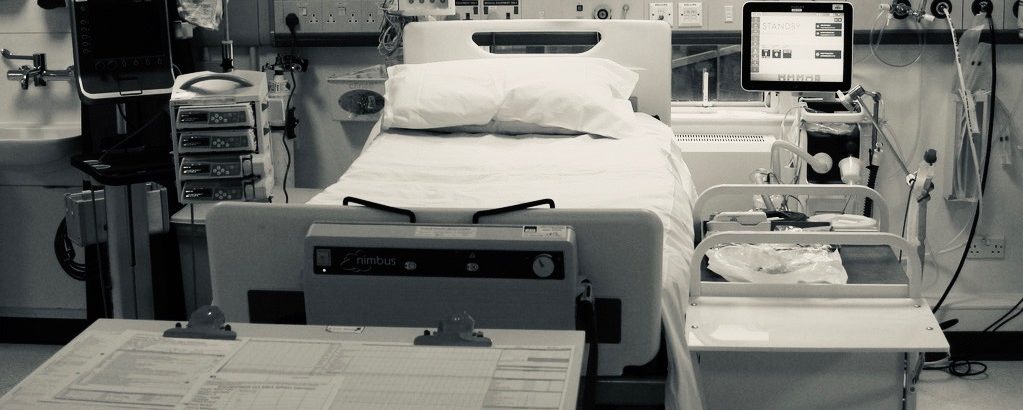Recording your treatment wishes in advance
ReSPECT (Recommended Summary Plan for Emergency Care and Treatment) is a new initiative being introduced across the NHS, encouraging patients to consider – in advance – how they’d wish to be treated. Acutely ill patients requiring emergency medical treatment are often too unwell to express their treatment wishes clearly. ReSPECT is one way of patients recording in advance how they would want to be treated in an emergency. It allows the healthcare team to provide individualised treatment, in accordance with a patient’s wishes.
In hospital, a doctor or nurse may talk to you about the benefits and burdens of different treatment options – including some intensive care treatments – and record your wishes on a ReSPECT form.
.
Who makes the decisions?
In an emergency, if a patient is unable to make or express treatment decisions themselves, clinical decisions will be made by health professionals trying to act in the patient’s best interests. The ReSPECT process is designed to better inform these emergency clinical decisions. It involves a patient and the healthcare professionals caring for them agreeing an advance plan detailing the treatments the patient would/would not want to receive. However it is important to understand that the recommendations in a ReSPECT plan aren’t legally binding and cannot be used to demand treatments that aren’t likely to benefit the patient.
.
Who is it for?
Anyone can choose to record their treatment wishes in advance. ReSPECT forms are of particular relevance to patients nearing the end of life and/or at risk of sudden deterioration.
Further information can be found at: www.respectprocess.org.uk/patientsandcarers
Simon Flood

Comments are closed